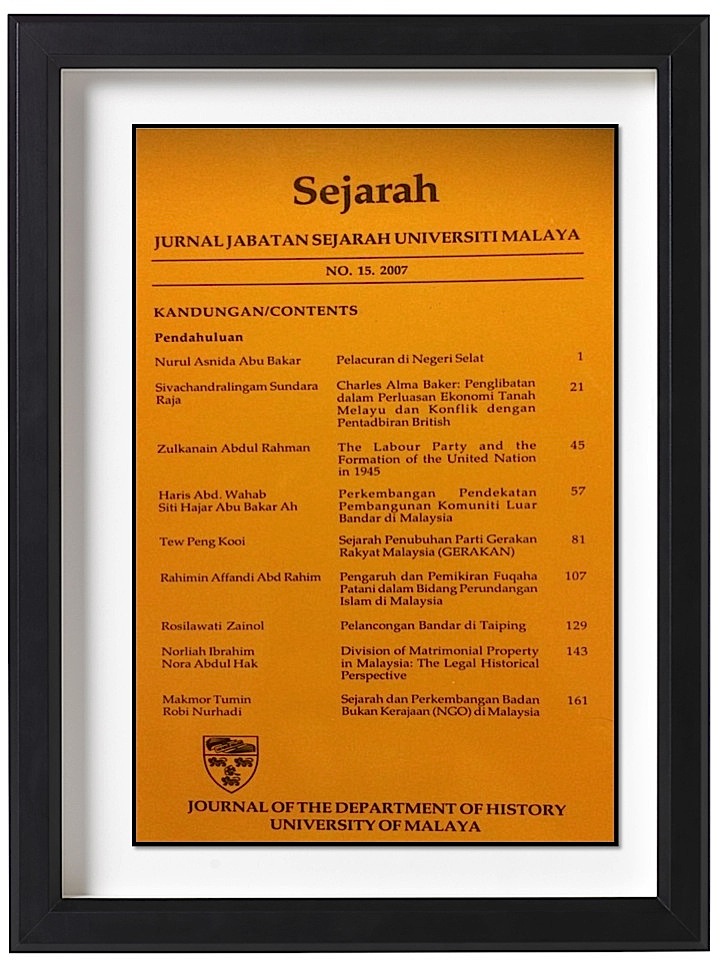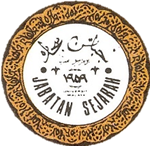SEJARAH DAN PERKEMBANGAN BADAN BUKAN KERAJAAN (NGO) DI MALAYSIA
DOI:
https://doi.org/10.22452/sejarah.vol15no15.9Abstract
The term Non-Governmental Organization or NGOs in academic writings is relatively new and its history and development are still scantily discussed. This article discusses the concept of NGOs and identifies factors that led to their establishment in order to understand their historical development in Malaysia. It also explains how communal elements have been an influential basis for the establishment of NGOs and their activities both before and after independence. It was only after the 1970s that cross-communal issues such as consumerism, environmentalism, women and human rights became the trending objectives of NGOs. Some approaches employed by NGOs to achieve their objectives were against those of the government's. This has led to both confrontational and cooperative patterns of relationship between NGOs and the government. The cooperative NGOs are more involved in policy-formulation process related to public interests that they represent while the confrontational ones aimed at creating public awareness on issues that have been marginalized by development.


